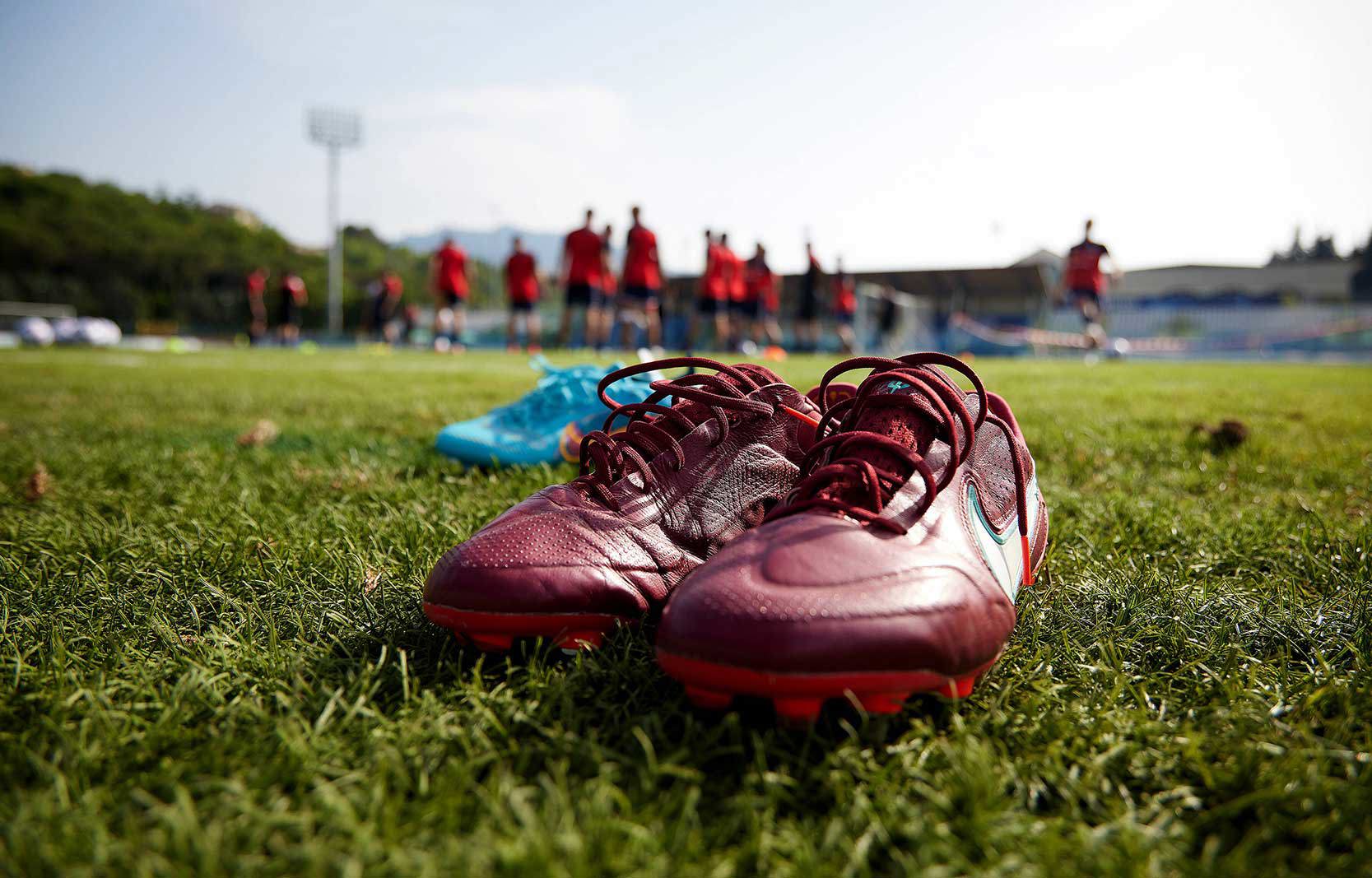What you should know
The system does not grant footballers the same freedoms as other industry workers
The reasoning for denying these rights is allowed only by acknowledging a universal list of factors, including young player development, competitive balance, bespoke contractual agreements and preserving shared interests between club and player.
FIFPRO continues to develop and challenge the legitimacy of the modern-day transfer system
Reform is needed to address significant restrictions of players’ freedom of movement; the current arrangement has many limitations that fall short of a fair and just industry.
Governing bodies, such as FIFA and individual FAs, must work together to tackle these issues
FIFPRO will continue to work towards developing a complete reform, providing practical solutions to individual cases in the shorter term.

